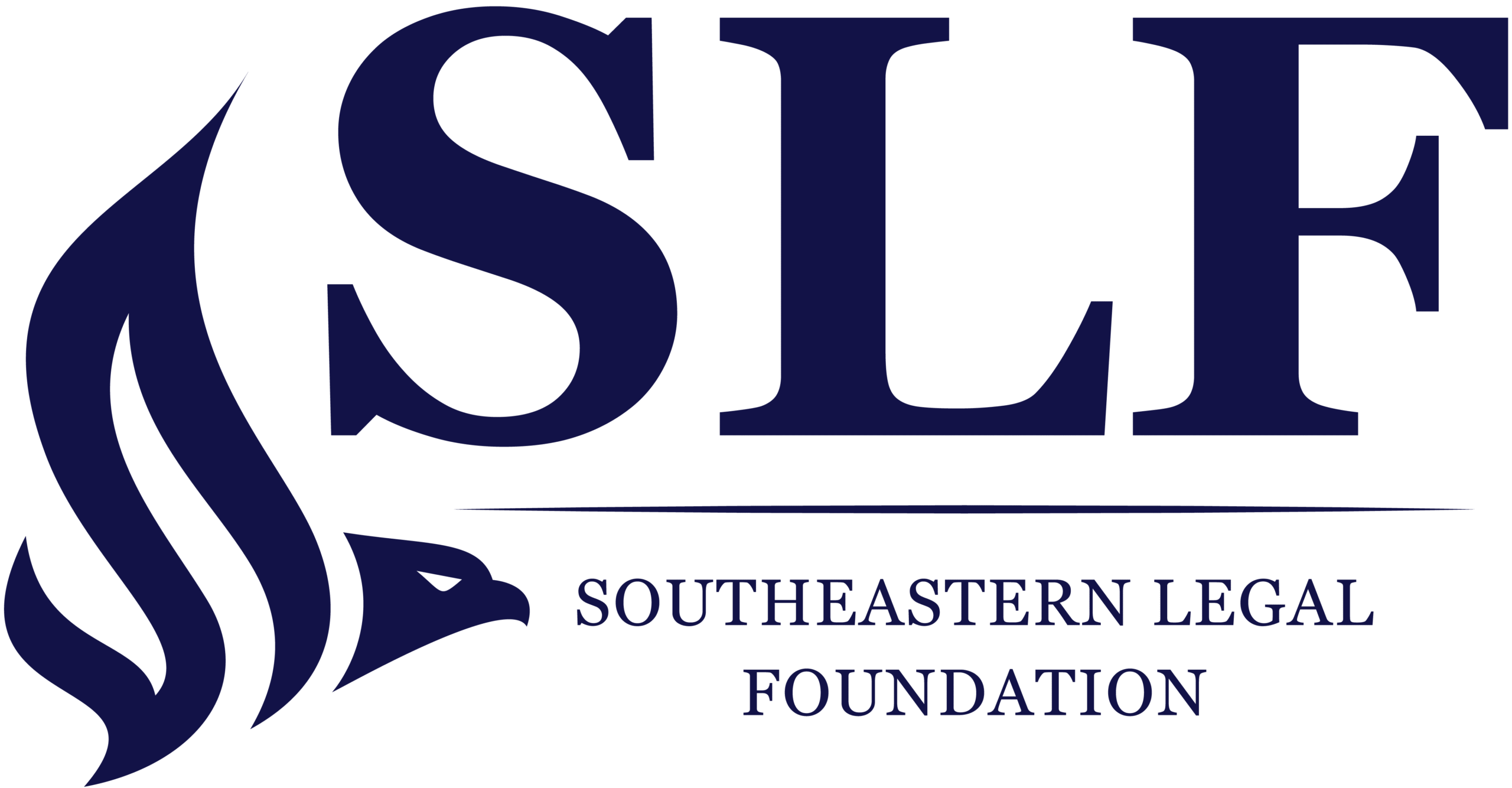Students at the University of Maine risk being reported to the campus bias response team anytime they say something that “harms” another student. Bias response teams chill speech on campus by leading students to believe they will be punished for engaging in protected speech. Because the term “harm” is vague and subjective, students have no way of knowing what words could be reported and investigated. This is unconstitutional, and for this reason, Southeastern Legal Foundation sent a letter to the University demanding that it remove the bias response team from campus.
Read More
In its letter, SLF explains that bias response teams have broad authority on campus to assess reports of bias. If a student accuses another student of causing emotional harm, it is up to the bias response team to determine a course of action. Without any guidelines in place to ensure that speech is protected and will not be punished, the bias response team could discriminate against certain views on campus.
SLF advises the University that even hate speech and offensive speech are protected by the Constitution. Universities cannot ban biased speech, no matter how bad it may seem. As such, SLF demands that the University remove the bias response team and bias reporting system altogether from campus.
